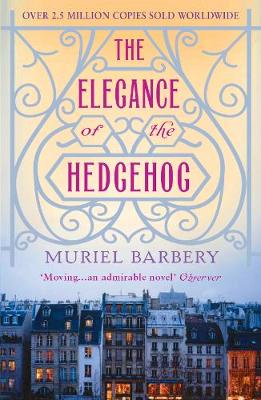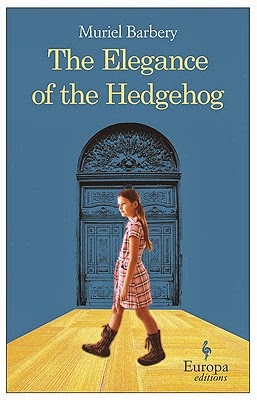


The foreground is occupied by Paloma, a precocious, hyperintelligent 12 year old who writes her "Profound Thoughts" in a diary, and Renee, the concierge, who is poor but very intelligent and a bit of an autodidact who hides her worldliness behind a thick veneer of averageness. The building's tenants- wealthy Parisians, many of whom have lived in these apartments for years if not generations- form the background. The action of the book takes place nearly entirely within the confines of an exclusive apartment building in Paris. And if you've been hedging on whether or not to read it yourself, let me just say that you're in for a treat. So when The Elegance of the Hedgehog came out in English last year, I was excited to familiarize myself with this celebrated novel that's sold more than a million copies in France. Now, whether or not you agree with Engdahl's evaluation of American literature, the small quantity of available translated literature isn't really open to dispute. In large part due to the this shortfall of European literature translated into English, American writers, he argued, were isolated from many of the trends and conversations going on elsewhere in the world, making American literature less rich and interesting. Horace Engdahl, the permanent secretary of the Nobel literature committee, made a splash, and caused a lot of controversy, when he suggested that American insularity was having a deleterious effect on American literature. One of the big topics in the book world at the end of 2008 was the dearth of translated literature in America plenty of English-language literature gets translated for the rest of the world, but precious little of what gets published in other languages makes it to us- a shame. The Elegance of the Hedgehog, by Muriel Barbery.


 0 kommentar(er)
0 kommentar(er)
